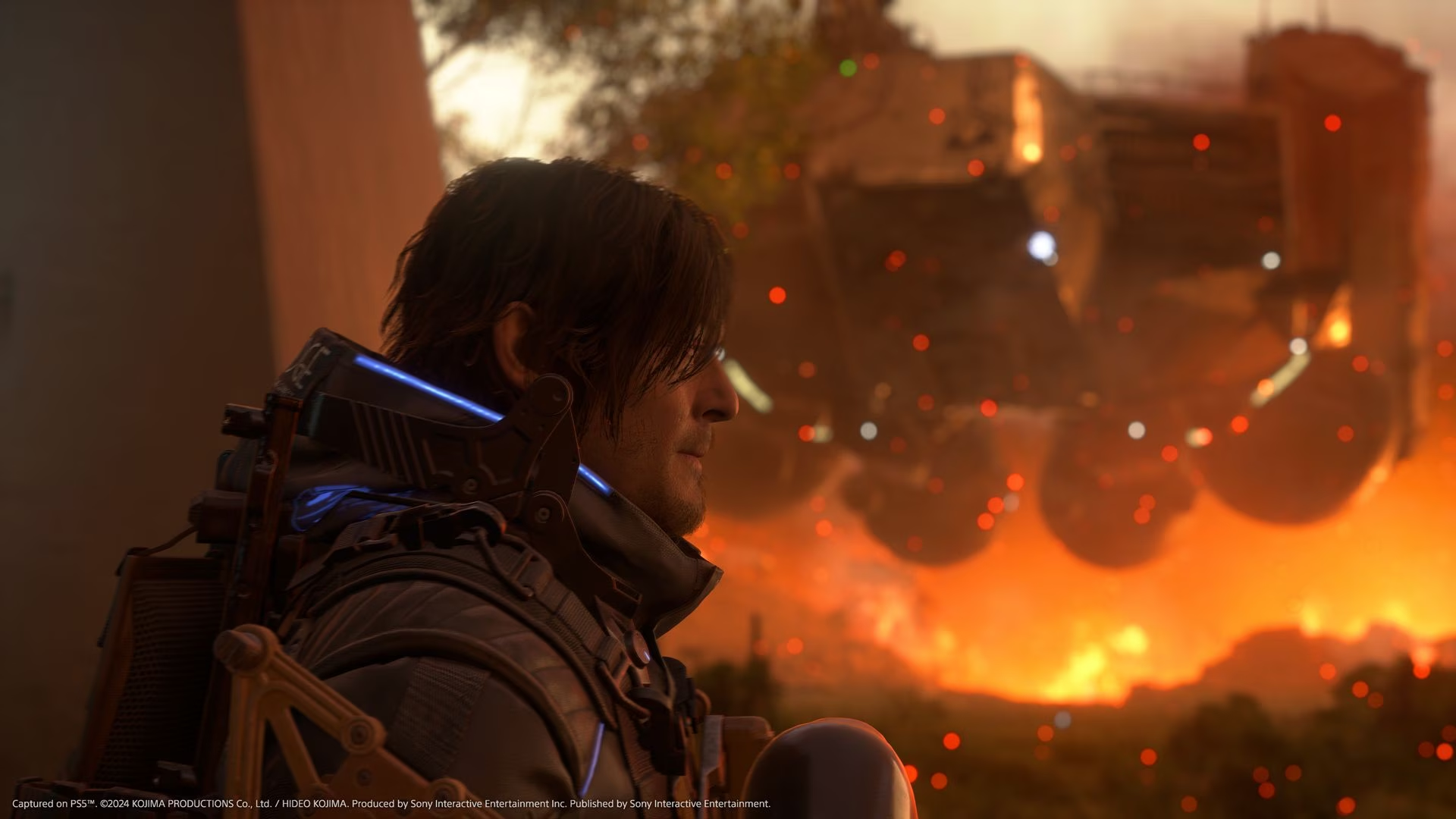Anticipation for Death Stranding 2: On The Beach has reached fever pitch across the gaming community. Scheduled for release on June 26, 2025, this sequel promises expanded environments, celebrity cameos, and narrative ambitions exceeding its predecessor. Initial previews and composer testimonials suggested Hideo Kojima had crafted another masterpiece. However, recent revelations from collaborator Woodkid have unveiled radical creative shifts during development – triggered because playtesters enjoyed the game excessively. This unexpected pivot raises crucial questions about artistic vision versus mainstream appeal in modern gaming.
The Controversial Revelation
During a Rolling Stone interview, composer Woodkid disclosed Kojima's startling response to positive playtest feedback. "We have a problem," Kojima reportedly stated. "The results are too good. They like it too much. That means something is wrong." This reaction led to significant script alterations and gameplay mechanic overhauls. Kojima's philosophy centers on avoiding conventionality; he believes universal approval indicates a lack of emotional provocation. As Woodkid paraphrased: "If everyone likes it, it means it’s mainstream... I want people to end up loving things they didn’t like initially."
Artistic Vision vs. Commercial Realities
Kojima's stance highlights tensions between creative purism and financial sustainability:
-
🎭 Polarization as Purpose: The director intentionally engineers discomfort, believing initial player resistance transforms into deeper appreciation
-
💰 Marketplace Pressures: Industry-wide 2025 layoffs and studio closures amplify risks of niche targeting
-
📊 First Game's Legacy: Death Stranding (2019) faced divisive reception despite eventual critical acclaim, potentially limiting its commercial reach
Fan Concerns Amplified
Longtime supporters express apprehension about Kojima's revisions. The original game's cult following fears excessive tinkering could:
-
Undermine beloved narrative threads established in DS1
-
Prioritize shock value over coherent world-building
-
Replicate the first title's barrier-to-entry that discouraged mainstream audiences
As one analyst noted: "Financial viability matters – Kojima Productions can't risk becoming another casualty in this volatile industry climate."
Death Stranding 2: Key Specifications
| Category | Details |
|---|---|
| Release Date | June 26, 2025 |
| Platforms | PlayStation 5 |
| Developer | Kojima Productions |
| Engine | Decima |
| ESRB Rating | Mature 17+ (Violence, Blood, Partial Nudity) |
| Gameplay Mode | Single-player |
People Also Ask
Why would positive feedback concern a game developer?
Kojima associates universal appeal with artistic compromise, believing discomfort drives meaningful player engagement. His design ethos values emotional journeys over instant gratification.
Could these changes hurt sales potential?
Industry analysts note that while niche appeal sustains cult classics, AAA development costs necessitate broader audiences. Sony's significant investment demands substantial returns.
Should I play the original before the sequel?
Absolutely. Narrative continuity matters in Kojima's universe, and understanding DS1's mechanics provides crucial context for the sequel's evolved systems.
Trust in the Auteur Remains
Despite concerns, Kojima's track record inspires confidence. The original Death Stranding's eventual recognition as a genre-defining work demonstrates his unconventional methods yield rewards. As Woodkid observed, Kojima's revision process embodies his commitment to transformative art rather than crowd-pleasing formulas. The studio's mastery of Decima engine capabilities and atmospheric storytelling suggests even polarizing choices could culminate in another landmark title.

As launch approaches, one pivotal question hangs over the gaming landscape: Should revolutionary art deliberately sacrifice accessibility to preserve its disruptive essence?
 AdvGamer
AdvGamer